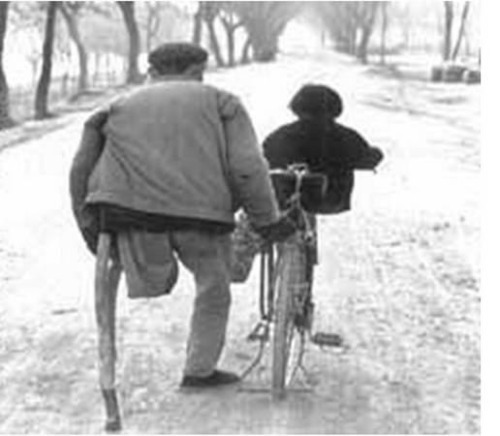MANILA, Philippines - "What's your sign?"
You think it's an easy question to answer, right? However, a story published Sunday by an American news site has netizens scrambling to find if they have the correct answer.
A story by the Minneapolis-St. Paul Star-Tribune published on Sunday quoted Parke Kunkle, a board member of the Minnesota Planetarium Society, saying that the zodiac signs as we know it are off by a month.
It revealed a 13th sign -- Ophiuchus -- representing a man wrestling a serpent.
The sign was discarded by the Babylonians, because "they wanted only 12 signs per year," the Star-Tribune story said.
The slow but continuous movement of Earth and the sun adjusted the alignment of the constellations, thus the 13th sign was born, Kunkle said.
"It is the only sign of the zodiac linked to real men, sharing traits with Imhotep, a 27th century BCE Egyptian doctor, and biblical Joseph," reports TIME magazine.
The "new" zodiac dates are as follows:
Capricorn: Jan. 20 - Feb. 16
Aquarius: Feb. 16 - March 11
Pisces: March 11- April 18
Aries: April 18 - May 13
Taurus: May 13 - June 21
Gemini: June 21 - July 20
Cancer: July 20 - Aug. 10
Leo: Aug. 10 - Sept. 16
Virgo: Sept. 16 - Oct. 30
Libra: Oct. 30 - Nov. 23
Scorpio: Nov. 23 - Nov. 29
Ophiuchus: Nov. 29 - Dec. 17
Sagittarius: Dec. 17 - Jan. 20
Kunkle, meanwhile, clarified horoscope readings for each zodiac signs should not be affected by the Earth's new alignment. Wobbling Earth However, this "news," which went viral on the web the past week, is not new, and has an actual scientific explanation.
"This story is born periodically as if someone has discovered some truth. It's not news," Jeff Jawer, an astrologer with Tarot.com, told CNN's This Just In blog. A Live Science article back in October 2007 reported the phenomenon of "precession."
The phenomenon refers to the wobbling of the Earth on its axis in a 25,800-year cycle. The wobbling is caused by the "gravitational attraction of the Moon on Earth's equatorial bulge. "
"Over the past two-and-a-half millennia, this wobble has caused the intersection point between the celestial equator and the ecliptic to move west along the ecliptic by 36 degrees, or almost exactly one-tenth of the way around. This means that the signs have slipped one-tenth—or almost one whole month—of the way around the sky to the west, relative to the stars beyond," the LiveScience article said.
Therefore, the article said, the zodiac signs we all associate our birthdates which are based on the "position of the sun relative to constellations as they appeared 2,200 years ago."
No change
Therefore, are you now officially an Ophiuchus and not a Sagittarius? Not really.
The CNN article explained that if people "adhered to the tropical zodiac - which, if they're a Westerner, they probably did – absolutely nothing has changed for them."
"That's because the tropical zodiac – which is fixed to seasons, and which Western astrology adheres to – differs from the sidereal zodiac – which is fixed to constellations and is followed more in the East, and is the type of zodiac to which the Star Tribune article ultimately refers," the CNN post said.
However, the fact that the sun isn't aligned anymore with the constellations at certain times of the year compared to millennia ago is "irrelevant for the tropical zodiac," which was codified for Western astrology by Ptolemy in the 2nd century, Jawer told CNN.
The article explained that in the tropical zodiac, the start of Aries is fixed to one equinox, and Libra the other.
"When we look at the astrology used in the Western world," Jawer told CNN, "the seasonally based astrology has not changed, was never oriented to the constellations, and stands as … has been stated for two millenniums."
"Astrology is geocentric. It relates life on Earth to the Earth’s environment, and seasons are the most dramatic effect, which is why we use the tropical zodiac," Jawer added.
Source here
-------------
I'm no longer a Sagittarian but Scorpio. And when I read Scorpio's personality trait, okey, I was lost. Hahahaha.

















